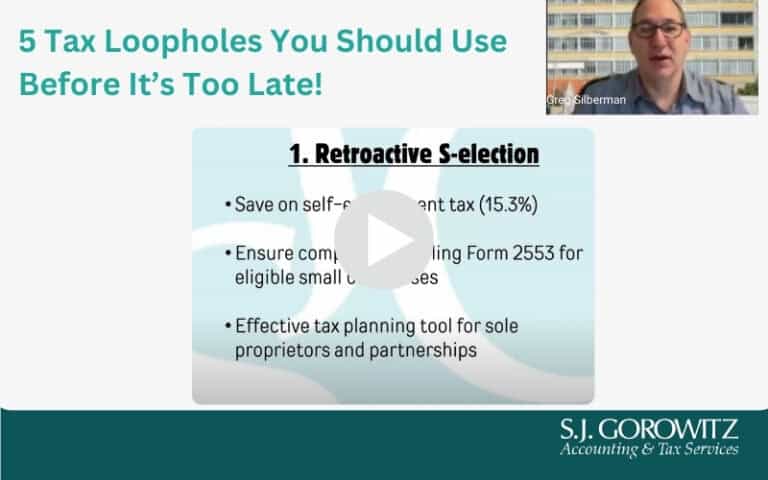I majored in accounting and learned about numbers and their interactions; not much time was spent on marketing. As a medical student, you were taught about biology, diseases and their treatment but not much about the finances. After working with doctors who are mid-way through their careers, I wish I could have spoken to them when they were first starting out. Here are a few non-medical lessons that should be covered in medical school:
1) Control expenses: As a physician, you will have more income than most people. However, you will also have more expenses; your student loan debt is likely substantial. This number is too big for most people to grasp, so they take the “head in the sand” approach. But there is a better way! Consider the ratio of your monthly income to the monthly payments for your school debt, house payments, credit card bills and taxes. A monthly overview gives a better perspective than totals. For example, a $150,000 salary yields $12,500 monthly. Proportionately it is reasonable to budget 40% for taxes (between payroll, federal and state), 30% for housing, 5% transportation, 10% savings, 5% debt payment, and 10% for food/entertainment. This translates to:
- Taxes: $5,000
- Housing: $3,750
- Transportation: $625
- Savings: $1,250
- Debt payments: $625
- Food/Entertainment: $1,250
However, if you leave medical school with a $200,000 debt and pay only $625 per month with a 6% interest rate, you will never pay off this debt. Yes – that’s never. Instead your debt will increase because the payment isn’t enough to cover interest payments.
A payment of $1,000 per month it will take 80 years and to pay it off in 30 years your monthly payment would need to be just over $1,200.
Thus, in the above example, you would have $6,300 after student loan debt and taxes. Seem like a lot? Consider that a $200,000 mortgage is $1,200 per month. This leaves only $5,100 for transportation, savings, food and entertainment. And this doesn’t consider other expenses such as credit card debt, car note, real estate taxes and insurance. From a current physician, “Please, show them my salary and my debt payment requirement. Show them the real facts and tell them don’t buy that big house or dream car yet.”
2) Get professional advice early: Residents and new doctors have limited income and very limited time. Even so, you can invest in establishing quality professional relationships with people who can grow with you as your career and household progress financially.
- Personally: Of course you want to celebrate your success, but given the reality of your expenses, it would be prudent to have discussions with your financial team before buying your first home or car, and before buying that investment property you heard about.
- Professionally: There are financial and tax consequences to every career decision you make, so try to quantify the outcome and get a good understanding of the pros and cons before deciding. This means not relying on shop talk you hear in the doctor’s lounge. Do you know that tax advice given to a contract person is dramatically different than tax advice given to a salaried doctor, which is different than tax advice given to a doctor who owns her own practice? Yes, a friend can help you incorporate on-line, but can a friend diagnose whether or not you should be a corporation? As a doctor you understand this – any quack can write a prescription, but it takes skill to evaluate and diagnose a patient to get the right prescription.
- Overall: At your income level, a professional team of specialists would generally be appropriate. Sure, some people are well served by having one expert handle their investments, insurance, legal advice and taxes. But most doctors need a team of specialists that communicate with each other for your benefit.
3) Deal with it – Career choice and finances are linked: Some will tell you to choose what you love and the money will follow. Others will advise to recognize how much debt you’ll have and pick the specialty that will most quickly pay it off. But neither is the prudent method. Instead, your career plan should be made in conjunction with your desired financial path.
- In addition to leaving undergrad with as little debt as possible, have a frank discussion with the financial aid officer prior to accepting a seat at a medical school. If you still have some options when it comes to selecting your medical school considering a state school for medical school or establishing residency in the state to qualify for in-state tuition.
- Of course you want a profession that is fulfilling, but no job is great 100% of the time. Just as you performed a thorough investigation before selecting medical schools, you should put concerted effort into planning the next phase of your life – and this next phase of your life includes tough financial choices. For example, if you are exiting medical school with substantial debt then you have two realistic options: 1) chose a specialty that will generate enough income to pay the debt, or 2) identify debt forgiveness or debt reduction programs through community service, etc. and select a profession that is supported by these programs.
- Have a multiple year plan for your finances that mirrors your career plan. Of course, this is not an instruction book to be followed fervently, but it helps you create a general awareness of what is appropriate and affordable as you move forward.
In summary, make the hard choices with intent. Be intentional about making professional choices commensurate with the financial choices you’ve made. By controlling your expenses and getting a professional team that works together – and one that you’re willing to listen to – to develop a financial plan, you will be well ahead of your peers.
























